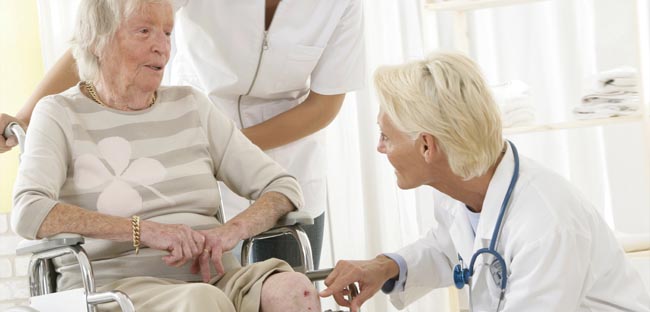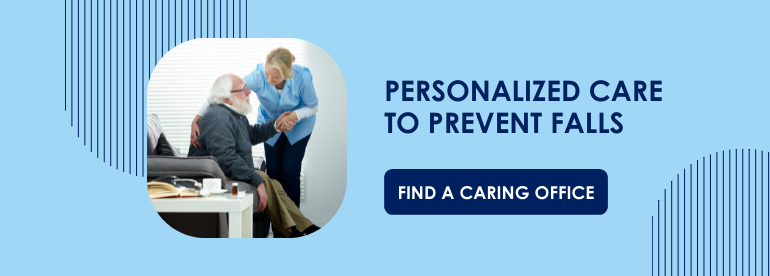Seniors are at a higher risk of having a fall compared to the general population. Why is this important? What can happen after an elderly fall? Let's examine some potential outcomes to understand why steps must be taken to prevent elderly falls.
Injury
According to the CDC, 1 in 5 senior falls causes a serious injury. Typical fall injuries that seniors experience include:
- Broken wrist
- Broken arm
- Broken ankle
- Fractured Hip
- Spine fracture
- Pelvis fracture
- Broken leg
- Head injuries
Injuries caused falls typically require hospitalization, which can take their own toll on seniors.
Loss of Independence
Often those that are injured have difficulty doing everyday activities. A broken bone may make it hard to get around, drive, take care of personal hygiene, or prepare food. In some cases they may need to move into a medical facility to recover from the injury. Others end up permanently losing their ability to live independently.
Fear
Once a senior has fallen they may fear having a subsequent fall. This is not unwarranted since statistics show that once a senior has fallen they have double the chance of falling again. This fear can negatively impact their quality of life however. They may not want to walk without assistance. Some seniors that have fallen no longer want to live independently. This fear can even happen to seniors that did not suffer injury from the fall.
Seniors who fall may end up dealing with the consequences of the fall for the remainder of their life. Often these consequences are serious and hard to overcome. Therefore it is best to take steps to prevent a senior fall from happening. To learn more about how Caring Senior Service can help your senior with fall prevention contact us.


